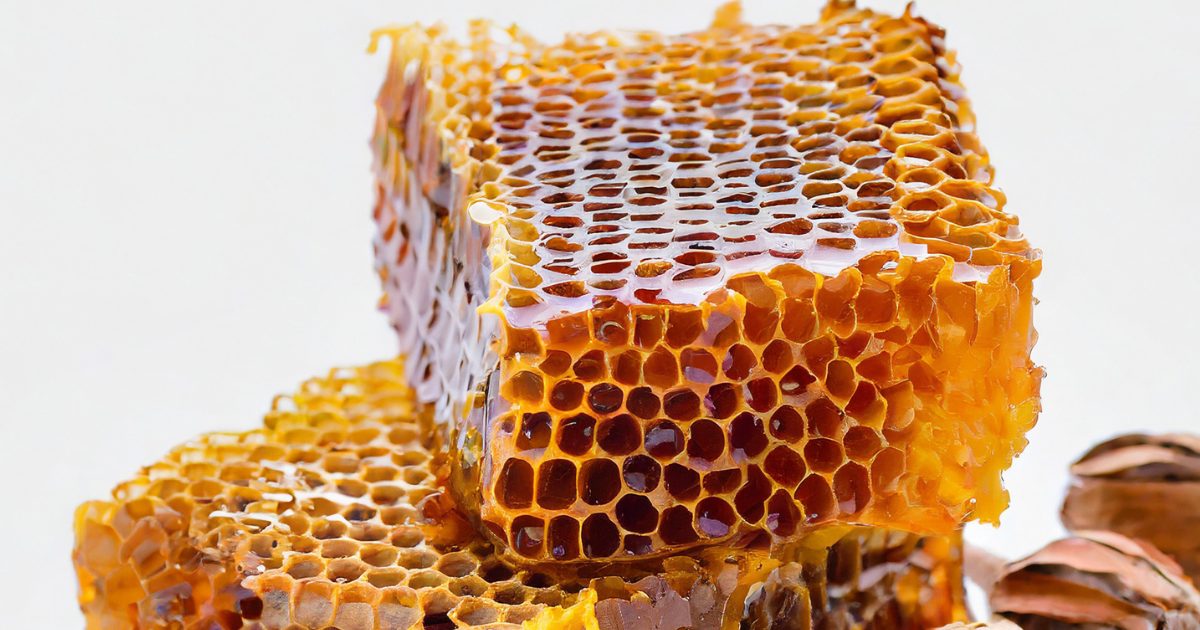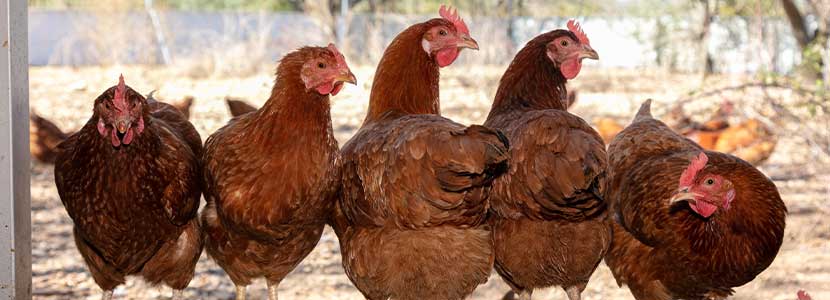A study conducted at the National University of Colombia explores the inclusion of propolis extracts in the diets of laying hens.
 12 Jan 2024
12 Jan 2024
A study conducted at the National University of Colombia explores the inclusion of propolis extracts in the diets of laying hens.
The year 2023 witnessed notable innovations in the field of animal nutrition. In Argentina, for instance, several projects emerged, such as the incorporation of molasses-based nutritional blocks in sheep supplementation and the comprehensive sequencing of the genome of a non-genetically modified soybean.
Meanwhile, in Colombia, a noteworthy study conducted by Loren Milena Carvajal Diaz titled “Assessment of propolis from La Mesa and Anolaima and its impact on zootechnical aspects, egg quality, and the integrity of the digestive and reproductive systems in brown egg-laying hens” stands out. This research contributes significance to the compound produced by bees for the construction of their hives.

The author explains that the profile of propolis compounds from two municipalities in Cundinamarca, namely La Mesa and Anolaima, was established using gas chromatography coupled to mass spectrometry and ultra-high-resolution liquid chromatography with the Orbitrap mass detector (UHPLC-ESI+-Orbitrap-MS). Following this analysis, records of productivity in the birds were recorded over an 8-week period.
Among the results obtained, a significant improvement was observed in the laying percentage and the number of eggs, which also showed “a higher value in shell rupture strength for treatments with the higher doses of propolis (P<0.05) (T4 – 600mg and T5 – 900mg of EEP/kg of feed).”

In this regard, it is highlighted that “propolis from La Mesa and Anolaima is high in terpenes and showed potential as a nutraceutical additive in the diet for laying hens at doses of 600 mg of EEP/kg of feed.”
The study urges further research on propolis in poultry nutrition. This thesis can be read in the Repository of the National University of Colombia.
Source: Carvajal Diaz, L. (2023). Evaluation of propolis from La Mesa and Anolaima and its effect on zootechnical parameters, egg quality, and integrity of the digestive and reproductive tract in brown egg laying hens. National University of Colombia.
Subscribe now to the technical magazine of animal nutrition
AUTHORS

Nutritional Interventions to Improve Fertility in Male Broiler Breeders
Edgar Oviedo
The Use of Organic Acids in Poultry: A Natural Path to Health and Productivity
M. Naeem
Synergistic Benefits of Prebiotics and Probiotics in Poultry, Swine, and Cattle
Gustavo Adolfo Quintana-Ospina
Hybrid Rye Potential in Laying Hen Feed Rations
Gwendolyn Jones
A day in the life of phosphorus in pigs: Part I
Rafael Duran Giménez-Rico
Use of enzymes in diets for ruminants
Braulio de la Calle Campos
Minerals and Hoof Health in the Pregnant Sow
Juan Gabriel Espino
Impact of Oxidized Fats on Swine Reproduction and Offspring
Maria Alejandra Perez Alvarado